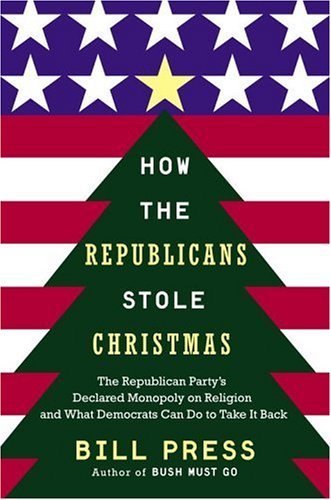As many of y’all know, despite being a PhD student here at Columbia, I very rarely post about the newsmaking disputes that occasionally roil our campus. (Does it reflect badly on my academic gravitas that I spend more time at GitM discussing national politics, movie trailers, and online Mike Tyson’s Punch-Out knockoffs than ideological dust-ups closer to home? Well, so be it.)
That being said, two links of note. First, in the Financial Times, Ian Buruma — with the aid of one of my colleagues, Moshik Temkin — offers what I thought was one of the more sober-minded summaries I’ve read of the recent MEALAC controversy at Columbia. As he puts it, “racism exists, but not all Israeli policies towards Palestinians, however harsh, are inspired by racism. And…not all criticism of Israeli policies is the result of anti-Jewish prejudice. Yet these are the terms in which modern political debates are increasingly couched..”
Second, regarding the recent one-week graduate student strike on campus (which I voted against, due to concerns not unlike the ones I held last year, but respected by not crossing the picket and reviewing paper drafts from home), The Nation‘s Jennifer Washburn offers a write-up which connects the two buzz issues of unionization and academic freedom and includes an unearthed internal memo, signed by provost (and my dissertation advisor) Alan Brinkley, which suggests possible punitive measures to prevent future strikes.
I’ve already written about this at length on the (no longer) internal grad-student-historian listserv, and don’t really feel like getting into it in depth again here. Suffice to say that, while the document does seem uncharacteristic of Prof. Brinkley (as an aside, it reads like it was written by a member of his staff, although obviously it still carries his imprimatur), I am neither surprised nor all that dismayed by this memo. In the face of our continued strike actions, it seems perfectly appropriate to me for the administration — and the university provost, for that matter — to brainstorm both positive and punitive ways to mitigate future disruptions. All this means is that, come the next strike, it may well be time for the rubber to hit the road, and for graduate students who believe in unionization to make real financial sacrifices for our beliefs, as strikers in any other line of work are forced to do. (Of course, given that none of these proposed measures appear to have been enacted this time around, perhaps not.)
In fact, I think there’s actually a silver lining here for pro-union graduate students. For one, I expect this memo will do more to galvanize the movement than all of last week’s ill-conceived strike. For another, perhaps a heightened sense of what a strike actually constitutes might encourage more out-of-the-box thinking and political calculation by union leadership, rather than the “strike-only, strike-first” ideology that afflicts the upper echelons of our organization at the moment. To use an analogy I’m kinda fond of (for obvious reasons), the only way to get to Mars is by spaceship, but you don’t send it before it’s good and ready. Right now, our Mission Control keeps hitting the launch button before we’ve plotted a trajectory or even built the darned thing.
Update: I’ve since been informed in a personal e-mail that I’m both a “Brinkley apologist” (because I clearly don’t share the vitriol of the Palpatine Unmasked contingent) and a “scab.” (Shouldn’t have looked at those drafts, I guess…) You see, this is exactly why I post about Arthur Dent here much more than I do Columbia inside-baseball. Which reminds me, that Frusion Punch-Out link was via Usr/Bin/Grl.


